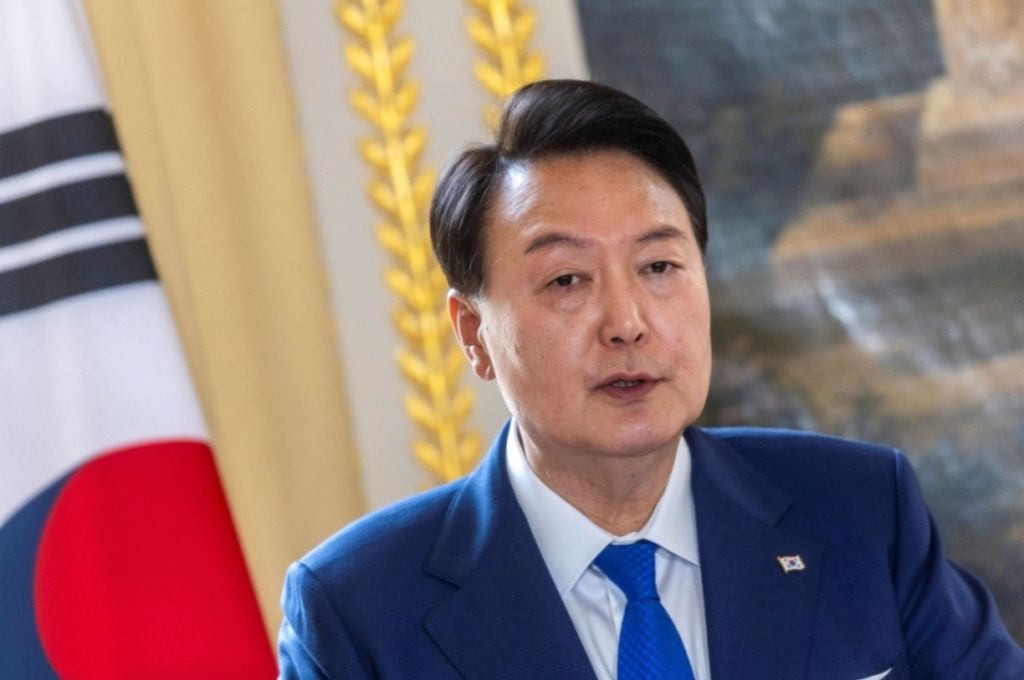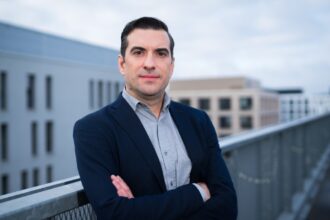South Korea’s government is poised to introduce sweeping measures designed to stem the rising tide of expenditure on private education, identified as a significant contributor to the nation’s alarming drop in fertility rates. The move reflects growing public dissatisfaction with an education system perceived as increasingly elitist and out of touch with the realities faced by many families.
In recent weeks, President Yoon Suk-yeol publicly decried the inclusion of non-curricular “killer questions” in college entrance examinations. Such complex queries, critics argue, favor students from families able to afford the hefty fees charged by private cram schools, or “hagwons”, known for their intensive teaching of the skills required to tackle these questions.
A recent joint report by the education ministry and the government statistics bureau indicated that despite a shrinking student demographic, South Koreans forked out a record 26 trillion won (RM93.3 billion) on private education in the previous year. The report further detailed that approximately 80% of students participate in private education initiatives like hagwons.
This high dependency on private education has resulted in South Korea securing an unfortunate global first – the highest cost of raising a child – and a disquieting last – the world’s lowest birth rate.
News of the imminent announcement sent shares of education-related companies in South Korea spiralling downwards earlier today. Woongjin Thinkbig fell by over 2%, hitting a near five-month low, while Multicampus and MegaStudyEdu each shed about 1%.
The education ministry is slated today to clarify the notorious “killer questions,” along with the directive to exclude them from this year’s tests, scheduled for November. Such questions are typically not covered in public school syllabi, providing hagwons a unique selling point with their ability to teach students how to solve them.
While some defend these questions as tools for selecting candidates in a competitive environment, President Yoon invoked the principle of fairness, highlighting that not all families can afford these costly extracurricular classes.
However, some voices express skepticism about the efficacy of these proposed measures. Shin So-young, an activist at the civic group, The World Without Worry About Private Education, voiced her concern that these changes might be insufficient to tame the fierce competition inherent in the education system.
In her words, “The government needs to come up with a broader plan that addresses the question of how to alleviate this excessive competition to get into a few of the best universities.”
This news story is based on an article from malaymail.com.

















